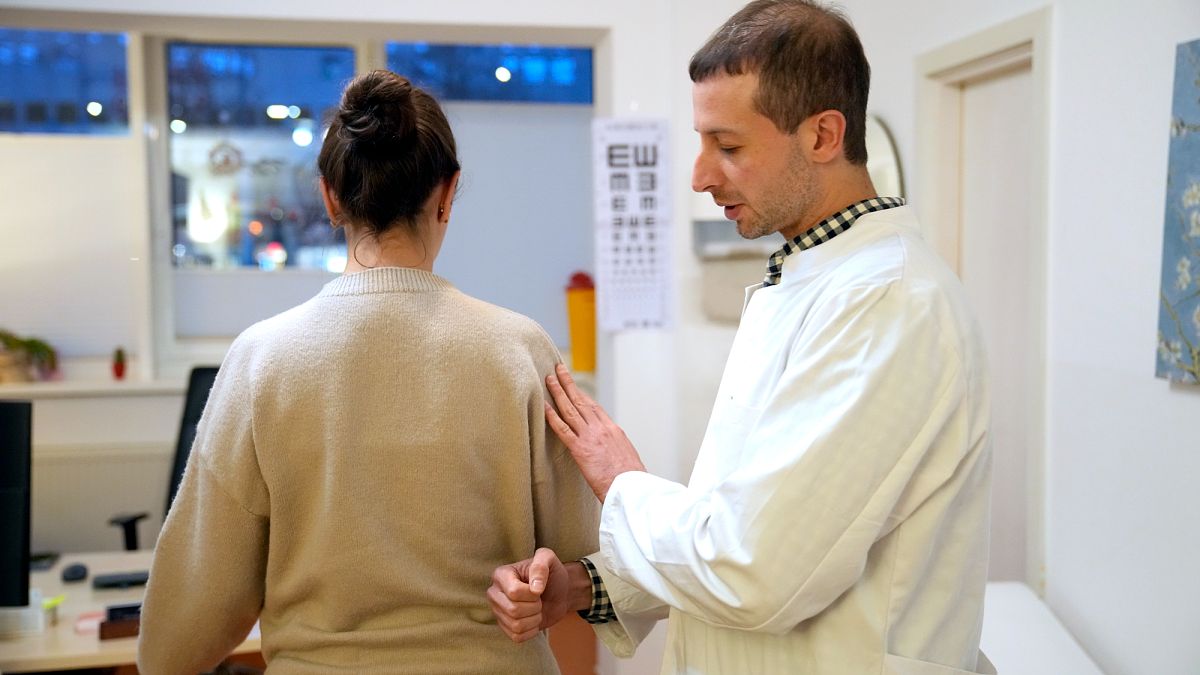By Diana Resnik
Published on
The World Health Summit sparked a debate on the burden on the health workforce, as emergency medicine and primary care doctors around the world continue to grapple with long hours, administrative demands, and mental fatigue.
The three-day summit in Berlin brought together leading figures from the fields of medicine and science to discuss innovative solutions in the medical field and reimagine the global health architecture.
The current situation makes it more necessary than ever, said Axel Pries, director of the World Health Summit, who criticised the heavy bureaucratic burden on hospital doctors.
“It’s true that many doctors, but also others, often feel that they are no longer doing what they were trained to do and what they studied for, namely, to interact meaningfully with patients, but rather to feed the huge bureaucratic juggernaut,” Pries said.
He cited artificial intelligence (AI) as a potential solution, but noted that while it is often touted as a cure-all, there are also negative examples from practice.
“The funny thing is that one of the main reasons why doctors in America have suffered from burnout over the last 20 years was the introduction of digital systems,” he said. “But that’s because these systems weren’t intelligent; they were stupid, and you had to sit there and press every button correctly and do even more work”.
Can AI really be of help here?
AI is complex. But so is the human organism. So, is AI intelligent enough to do justice to this? According to Pries, the answer is relative, as this innovative tech can only function well if it uses high-quality data.
“If for example, AI is trained with data that is incorrect, let’s say all the data that goes into it is from people in America, then of course it may not be suitable for Chinese people or people in Africa,” he said, adding that similar problems exist on gender representation.
People have also raised concerns about data protection in AI models, which Pries said was somewhat contradictory with their willingness to share personal information on social media.
“Well, people today are willing to share an incredible amount of data about themselves on social media, but on the other hand, they are very cautious when it comes to official use,” he said.
“I see a huge difference between giving my data to Amazon or Google and giving it to Charité, for example”.
Hospital doctors waste an average of three hours a day on bureaucracy—time that could be spent with patients, a 2020 survey by the medical union Marburger Bundin Germany revealed. The situation affects 60 per cent of all medical professionals in the country, according to the survey.
Experts say AI can help, but if it is too complicated, hospital doctors will only have more work to do.
It all comes down to proper implementation and political measures. Without practical digitalisation, hospital doctors will soon be suffering from burnout, they say.

